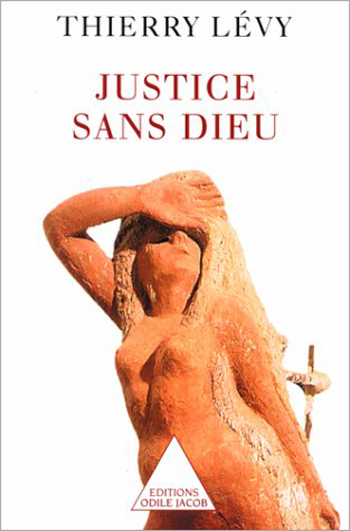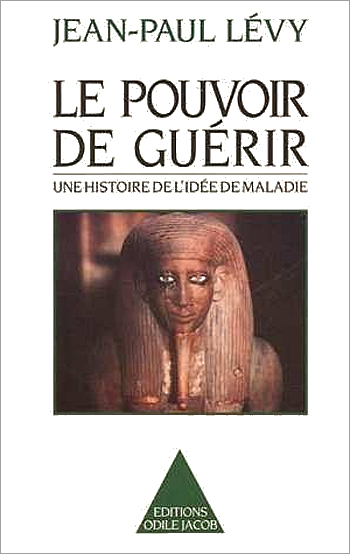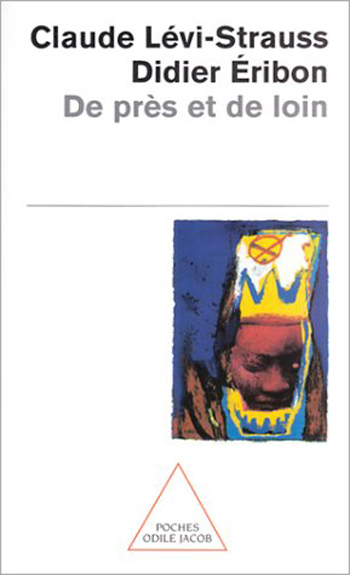Catalog All books
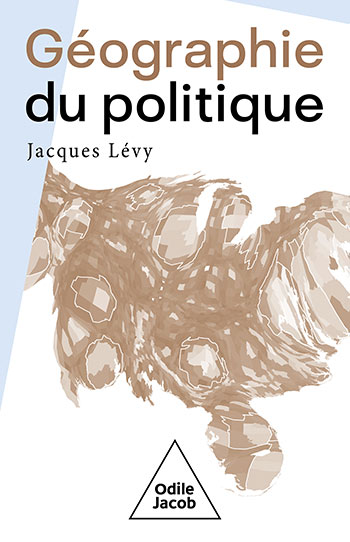
Jacques Lévy
The Ethical Turning Point and the World Society
A fascinating and ambitious book, which gives back meaning to disparate and disturbing realities: the rise in protectionisms and nationalisms, the exacerbation of radicalisms by social networks, ecological and health challenges, etc…
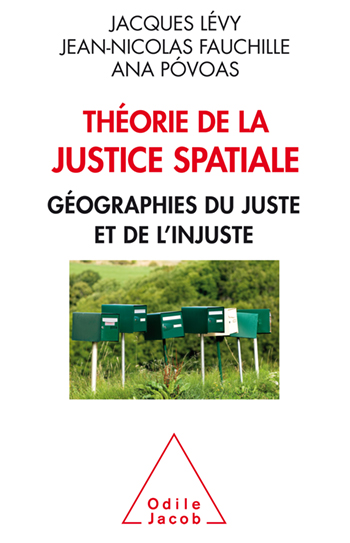
Jacques Lévy, Jean-Nicolas Fauchille, Ana Póvoas
A Theory of Spatial Justice The Geography of the Just and the Unjust
An exciting and very timely work that challenges many received ideas, notably on the “territorial breakdown” denounced by so-called experts.
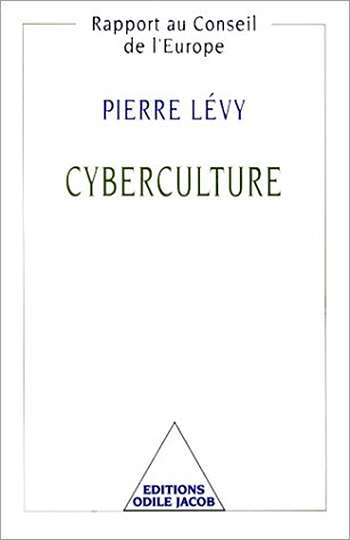
Pierre Lévy
Cyberculture
What is cyberculture? What are the social and cultural implications behind this technical phenomenon? Could it be held responsible for altering our relationship to knowledge? These are some of the questions addressed in Cyberculture, which covers such aspects of new technology as numerisation, navigation, memory, programming, software, virtual reality, multimedia, interactivity, and electronic mail. Written for the non-power user, this is a clear, complete and highly accessible presentation of new technologies, their uses and future stakes. Pierre Lévy is a philosopher who teaches at the University of Paris-VIII, in the hypermedia department.
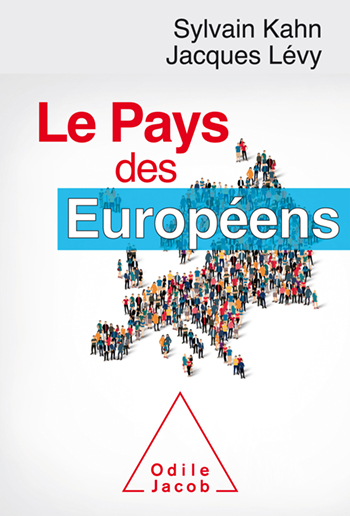
Sylvain Kahn, Jacques Lévy
The Land of Europeans
Contrary to received ideas, this book shows that the European Union, far from keeping peoples under glass, is made along with them. And if they are the first to criticize European public policies, so much the better!
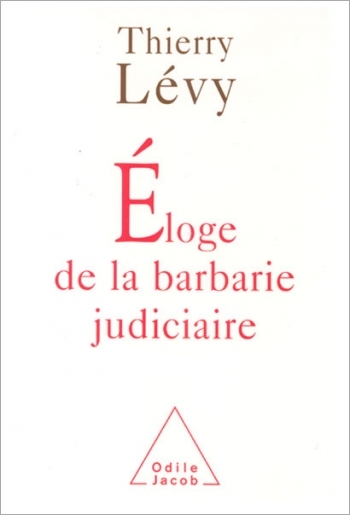
Thierry Lévy
In Praise of Judicial Barbarity
In March 2004, France instituted a special legal procedure, to be applied in infractions judged as serious, as part of an effort to give police more powers to combat new types of crime. If money-laundering and giving assistance to illegal immigrants may be regarded as relatively recent infractions, stealing, murder, procuring and counterfeiting are all ancient violations. The new procedure extends the powers of police to hold prisoners in custody; it will also allow some offenders who plead guilty and accept the public prosecutor's sentence to avoid a public trial. Thierry Lévy, a renowned criminal lawyer, shows that the new law only confirms a tendency that has been at work for a long time, since many trials are no more than empty ceremonies sanctioning decisions that have already been reached. The author examines the way Justice in France today functions and puts some current dysfunctions of the legal system in their historical perspective. He argues that Justice cannot be served if the rights of the defence are ignored. Thierry Lévy is a lawyer and a member of the Paris Bar. He is the author of Justice sans Dieu and the co-author, with Jean-Denis Bredin, of Convaincre.

